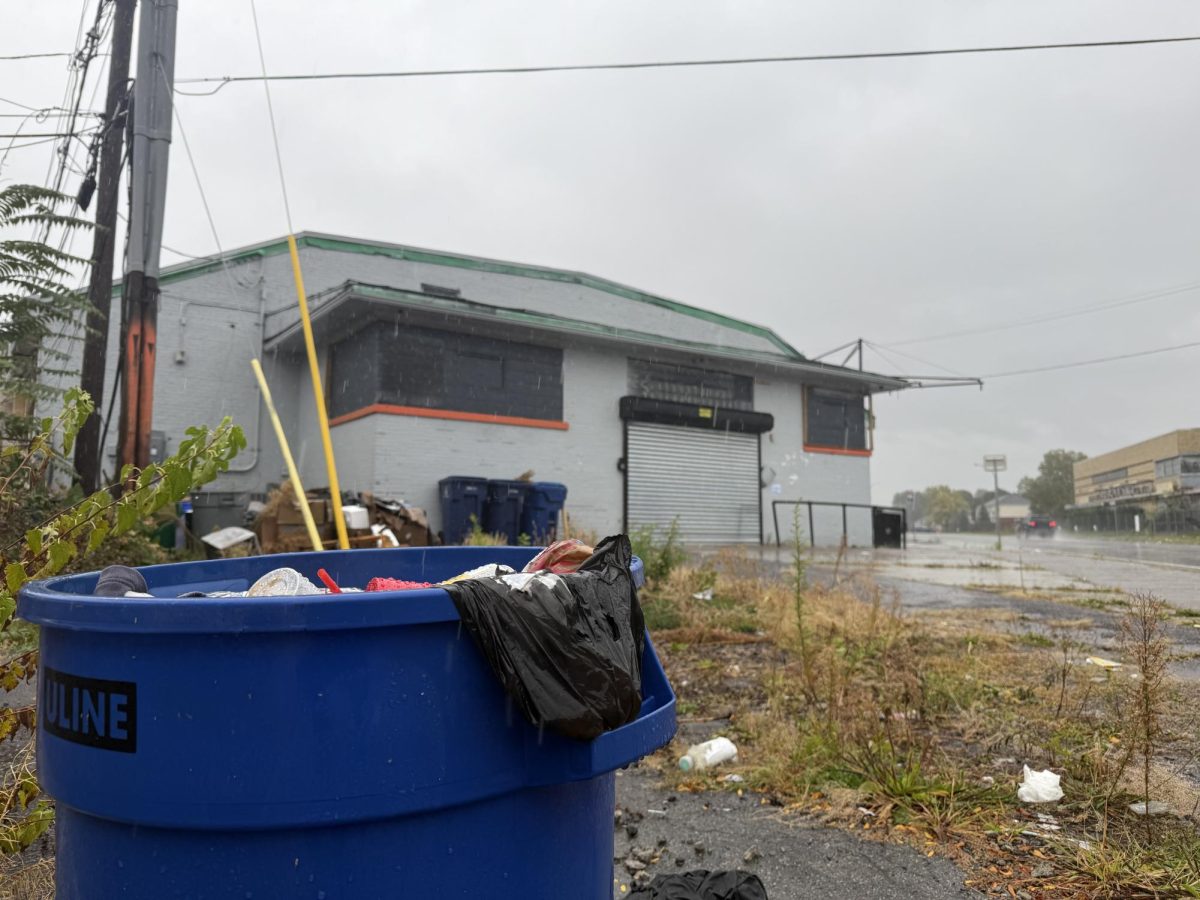Local music extends farther than economic impact
March 9, 2016
In the age of concerts with theatrical stage shows and large light displays, it’s easy to forget about the small local music scenes, and their importance to a community.
Live music has always been a unique experience. From the days of jazz clubs and swing music, to the age of modern rock and electronic raves, music has always been a connecting force in communities. It brings together many people from different backgrounds to enjoy one thing.
I’ve been attending local music shows since I was 15 years old, and I have grown up with many of the people I’ve met this way. I’ve made some of my best friends by going to see live music at venues all over Buffalo. You build a common bond through the love of a certain artist or genre, and begin to grow together as a community.
“The arts offer a unique means of connecting us to our common humanity,” researchers at Harvard University have stated. “Whether visual, musical, dramatic, or literary, the arts allow us to ‘create together’ and to discover shared understandings… the arts are a superb means of building social capital.”
The music scenes created by live music can be a vital part of both community, and commerce in a city. I’ve personally witnessed this in Buffalo at music venues such as Town Ballroom and The Waiting Room.
These places bring musicians from all over the world to perform, bringing people to the rising community that is downtown Buffalo. When the shows are over, the audience often spreads out to other local establishments in an attempt to keep the good times rolling, flowing business into the local economy.
The value of live music extends far beyond the money that is generated.
The communities built bring people together, creating a sense of belonging for many. It gives society an outlet, a comfortable social situation, which allows people to find their place in the world.
For many, this is an alternative to the traditional bar scene —where you hear a radio playing Top 40 dance hits on a loop. The intimacy of hearing a musician pour their heart and soul into a performance can connect people on a deep level.
Most large, successful cities have strong art communities. Be it physical, musical or theatrical, arts are an important part of a community.
In its purest form, music is art. It’s a form of art that speaks to many, a piece that connects communities, and generates a healthy economic environment. Without a strong, active local music scene, I believe a city is not truly thriving.
email: [email protected]


